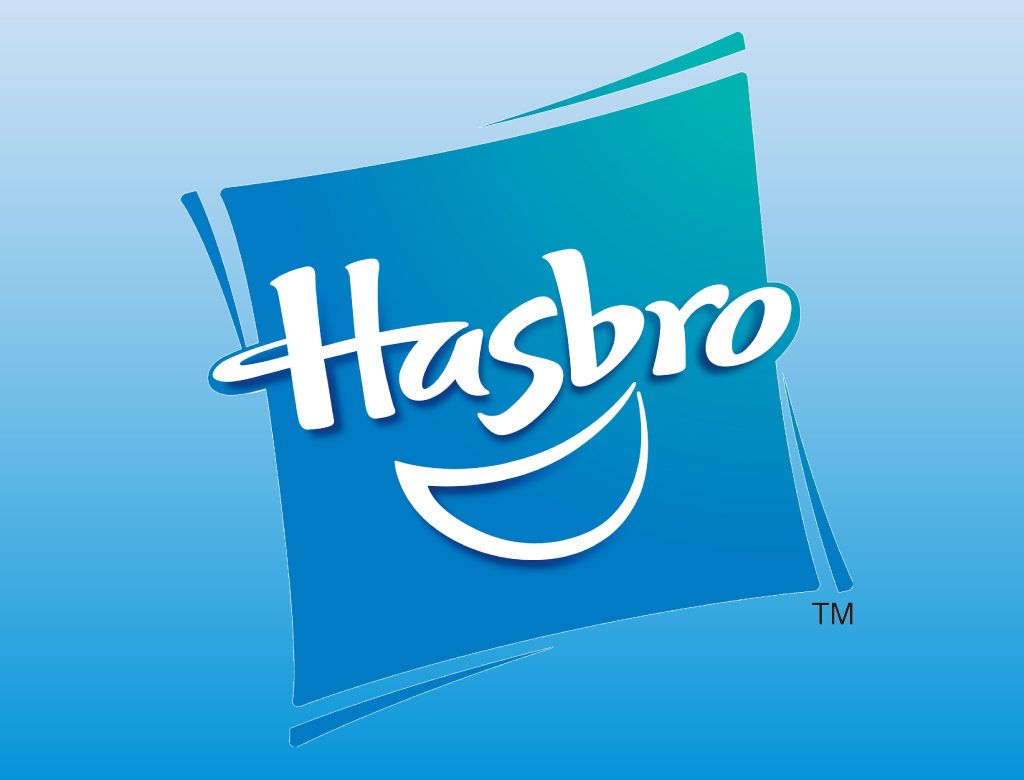Net revenues for Hasbro’s second quarter increased 9 percent to $984.5 million versus $904.5 million in 2018. Absent a negative $20.7 million impact of foreign exchange, second quarter 2019 revenues grew 11 percent—bolstered in large part by its continued investment in Magic: The Gathering.
In the second quarter of 2019, the company successfully settled its U.S. pension plan liability and reclassified the related pension losses recorded to accumulated other comprehensive loss, to the consolidated statement of operations. This resulted in a pre-tax charge of $110.8 million within other (income) expense, net. Including this non-cash charge, which after tax totals $85.9 million, or $0.68 per diluted share, net earnings for the second quarter 2019 decreased to $13.4 million, or $0.11 per diluted share, versus $60.3 million, or $0.48 per diluted share, for the second quarter of 2018. Excluding the after-tax pension charge, adjusted net earnings increased 65 percent to $99.3 million, or $0.78 per diluted share.
“We delivered a high-quality second quarter, with positive consumer trends at retail and profitable growth led by several geographies and brand categories,” said Brian Goldner, Hasbro’s chairman and CEO. “Our investments are differentiating Hasbro’s portfolio and delivering profitable revenue streams, including continued Magic: The Gathering revenue growth in tabletop and digital. We grew revenues in the U.S. and Europe, and we believe we are well-positioned to deliver against our target of profitable growth for the full-year 2019.”
During its investor call, Goldner added that the War of the Spark set was extremely well-received by players across formats, driving robust growth in both tabletop and digital. Player engagement also expanded with global increases in total unique and new players driving an incremental increase for Magic The Gathering: Arena with 400 million played in the second quarter and more than 1 billion games played since it entered open beta in September 2018.
Additionally, tariffs lead the call with Goldner detailing how the U.S. team has already begun preparations for potential tariffs from which Hasbro incurred incremental expenses for the quarter. Goldner predicts a “challenging and damaging impact” on the toy industry if tariffs are implemented.
“The global Hasbro team executed a strong quarter with revenue and profit gains while managing a dynamic trade and inventory environment,” said Deborah Thomas, Hasbro’s chief financial officer. “As part of this process, we incurred some additional costs and took more inventory into the U.S. than typical. Despite these steps, margins improved, Hasbro’s overall inventory position declined, and we generated healthy operating cash flow. We are generating cost savings from our plan and are on track to deliver approximately $50 million in net savings this year. Importantly, we are well positioned for the holiday season with major brand initiatives across categories, including The Walt Disney Animation Studios’ Frozen 2 and Lucas Films’ Star Wars: The Rise of Skywalker, which do not launch until the fourth quarter.”
Within the International segment, Franchise and Emerging Brand categories grew revenues; Partner Brands revenue was flat but grew absent foreign exchange; and Hasbro Gaming revenue declined.
The International segment reported an operating profit of $14.6 million compared to $0.2 million in 2018 as a result of favorable mix and cost management.
Entertainment, Licensing and Digital segment (previously the Entertainment and Licensing segment) net revenues increased 28 percent to $96.5 million compared to $75.5 million in 2018. Revenue growth was driven by digital gaming, primarily Wizards of the Coast’s Magic: The Gathering Arena. Wizards of the Coast digital gaming revenues of $10.9 million, and operating profit of $3.1 million, were reclassified from the U.S. and Canada segment to the Entertainment, Licensing and Digital segment. Operating profit decreased to $7.9 million, or 8.2 percent of net revenues, versus $21.8 million, or 28.8 percent of net revenues in 2018. The decline in operating profit was due primarily to higher program production expense, as well as continued investments in digital gaming initiatives, including Magic: The Gathering Arena and future digital games. Hasbro estimates full-year program production amortization to be approximately 1.0 to 1.5 percent of total net revenues.
Franchise Brands revenue increased 14 percent to $576.7 million. Magic: The Gathering, Monopoly and Play-Doh revenues increased in the quarter. Franchise Brands revenue grew in all three operating segments.
Partner Brands revenue increased 3 percent to $213.4 million. Revenue growth was due primarily to increases in Marvel’s Avengers and Spider-Man franchises, including Hasbro product supporting Avengers: End Game and Spider-Man: Far From Home. Partner Brand revenues increased in the U.S. and Canada and were flat in the International segment.
Hasbro Gaming revenue decreased 8 percent to $123.4 million. Revenue gains from Dungeons & Dragons, Yahtzee, and Connect 4 were more than offset by declines in other games, as sales of Pie Face tapered off along with Duel Masters. Hasbro Gaming revenues decreased in the U.S. and Canada and International segments, but increased in the Entertainment, Licensing and Digital segment. Hasbro’s total gaming category increased 26 percent to $393.4 million.
Emerging Brands revenue increased 28 percent to $71.0 million driven by shipments of Power Rangers, and revenue gains in FurReal Friends and Playskool, including Mr. Potato Head, likely driven by Disney/Pixar’s Toy Story 4. Emerging Brands revenue grew in all three operating segments.

